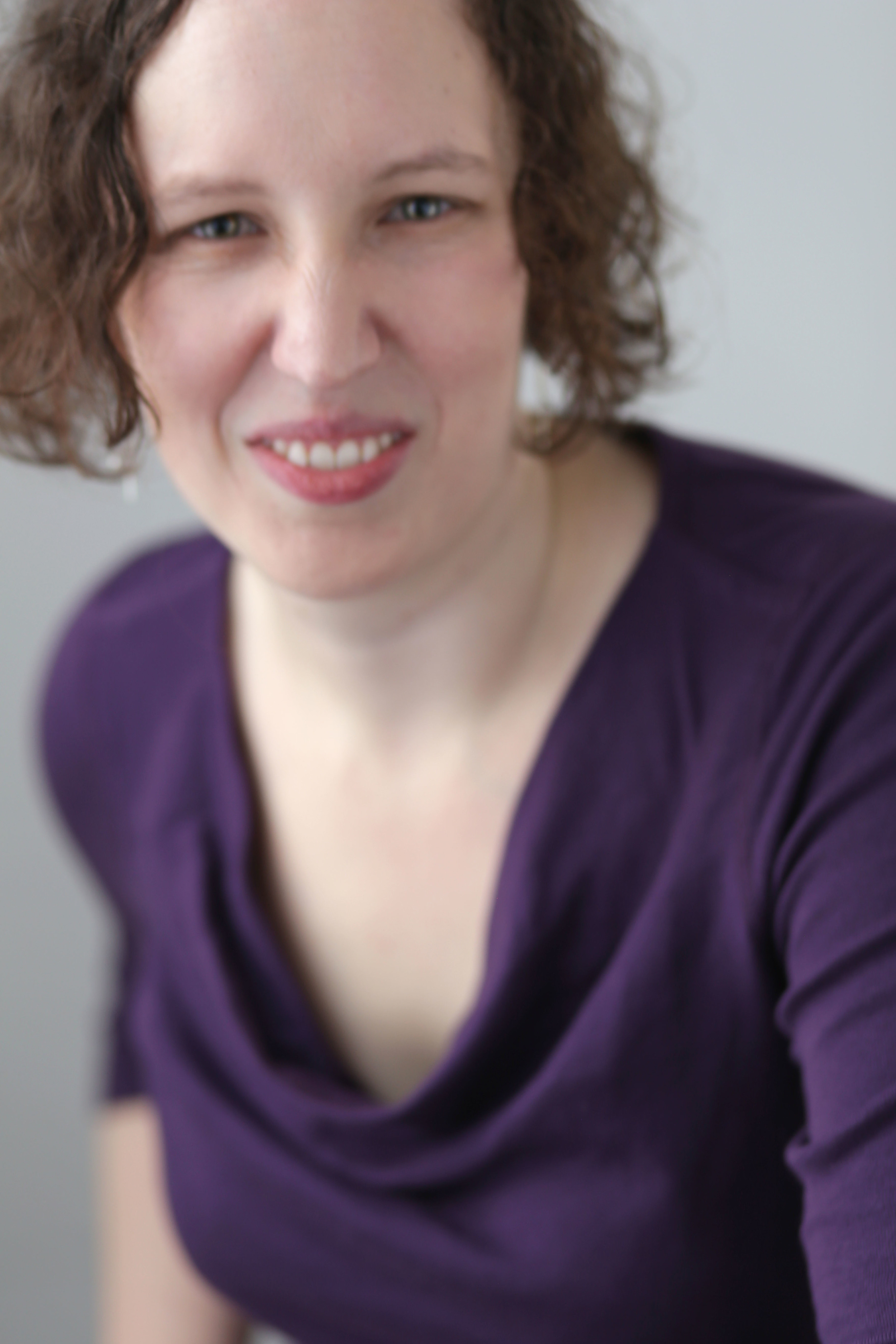"Lie on your back with your knees bent and your feet standing. Bring your hands in front of you to make a hoop with your arms, ballerina style. Very gently, turn your head and hoop to the right, and your eyes and pelvis to the left, all at the same time. Now turn your head and hoop to the left, and your eyes and pelvis to the right. Go back and forth a few times."
This is a piece of an Awareness Through Movement lesson I taught a couple of weeks ago, and undoubtedly, it was the first time that anyone in my class had ever done this movement. Why on earth would you do this movement? It's strange, useless, and incredibly confusing, right?
Strange and confusing, yes, but not useless. It's excellent for your brain. It creates new neuromuscular pathways in your brain. It teaches your brain all sorts of things, like how to decouple the movement of your head and eyes and open up options for both of them. It breaks down the assumption that your eyes and pelvis have nothing to do with one another.
Feldenkrais: Staving off Alzheimer's one lesson at a time.*
*(Only a guess until we know more about the science of both Feldenkrais and Alzheimer's.)
When we run into a confusing movement like this one, it's very easy to get frustrated with the fact that we can't do it right off the bat. As fellow practitioner Jeff Haller points out in a recording of this lesson, why would you be good at it right away? You've never done it before, so why do you have the expectation that you should be able to?
(Made at Pinstamatic.com.)
The Feldenkrais Method is distinguished from all types of exercise by this feature - it is not about achieving anything. The entire point of Awareness Through Movement lessons is to explore, to treat yourself with kindness, to play with movement like when you were a kid. Think of the last time you saw a preschooler playing on a jungle gym - they experiment! They see how far they can go before they fall over, or what would happen if they put a foot way up there. In class, we play in a similar way, looking for how we do a movement, and how easy a complicated movement could be.
So be generous with yourself. Be kind to yourself. Try approaching your next difficult task with some curiosity about how it could be accomplished more easily instead of beating yourself up with frustration. Want some practice in a space where the outcome does not matter? Come play with me!

